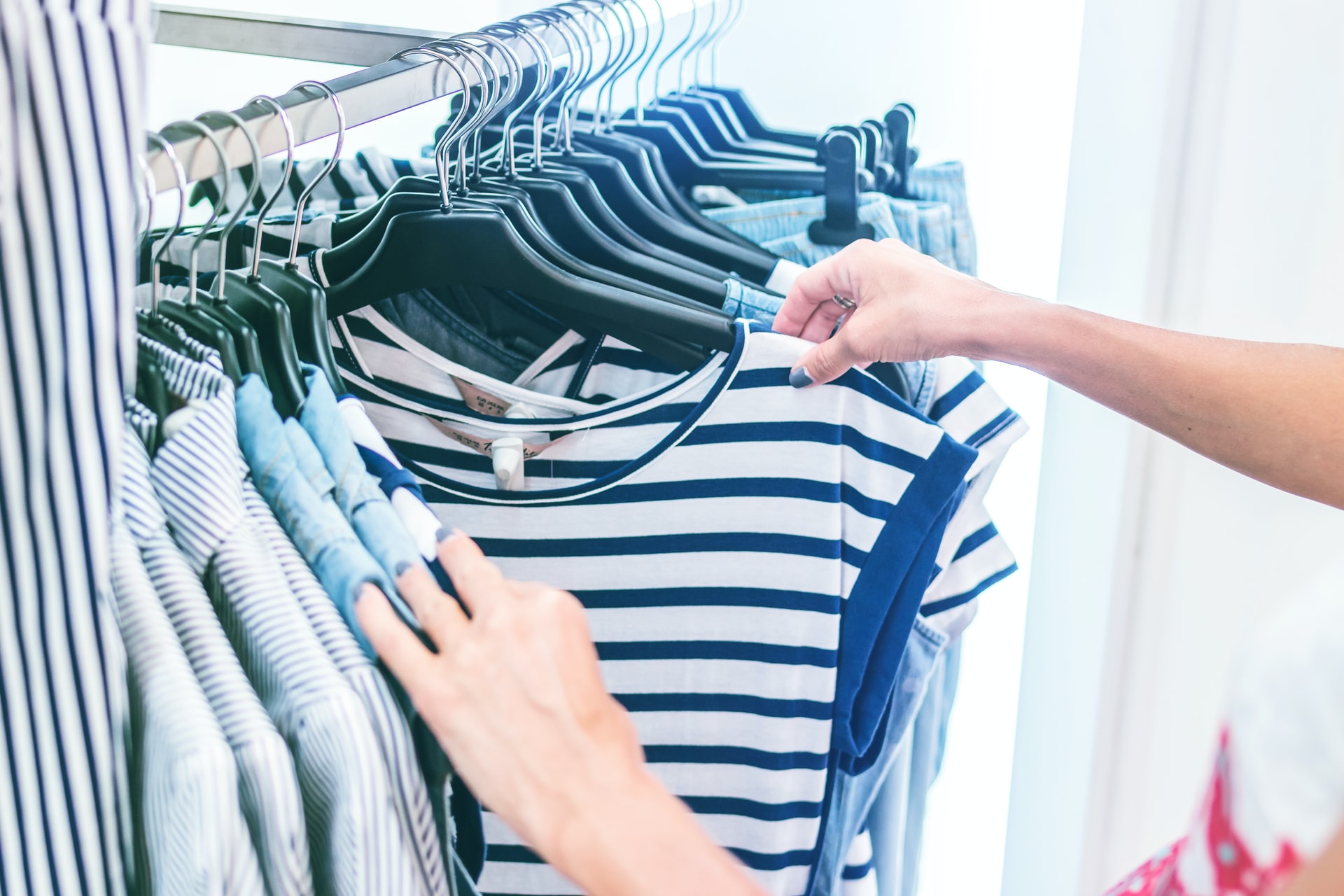In the household cleaning products aisle at Walmart, you’ll find a famous brand’s spray bleach cleaner selling (as of this writing) for $3.28. Not too far away, with a sharp eye, you’ll find the same-sized spray bottle bearing the Walmart private label, Great Value, for 98 cents.
A recent search on Amazon for “oxford dress shirts for men” returned, at the top of the page, a famous brand’s sponsored listing for its shirts, priced between $30 to $40. Scrolling down, the same product under Amazon’s Essentials private label is listed for about $20.
Private labeling was already a staple of big-box retailers before the pandemic, for retail giants like Walmart and Target, and for major niche players. In 2018, Urban Outfitters reported that over half of its business was generated by private-label goods.
Now, driven by supply chain disruptions, financially battered consumers, and creeping inflation, the future of private labeling seems to have arrived just about everywhere, and in some unlikely categories. For example, Walmart has just launched a private label drug, an insulin analog for diabetics, that is up to 75 percent cheaper than the competition and available only through the company’s 5,000 or so pharmacy departments.
 at Forbes.com if you are a subscriber or Download the PDF below.
at Forbes.com if you are a subscriber or Download the PDF below.
















